A cyberwar can disrupt everyday life in many unexpected ways. Understanding what to expect can help you prepare and stay safe. Here are 18 realistic things to expect during a cyberwar.
1. Power Outages
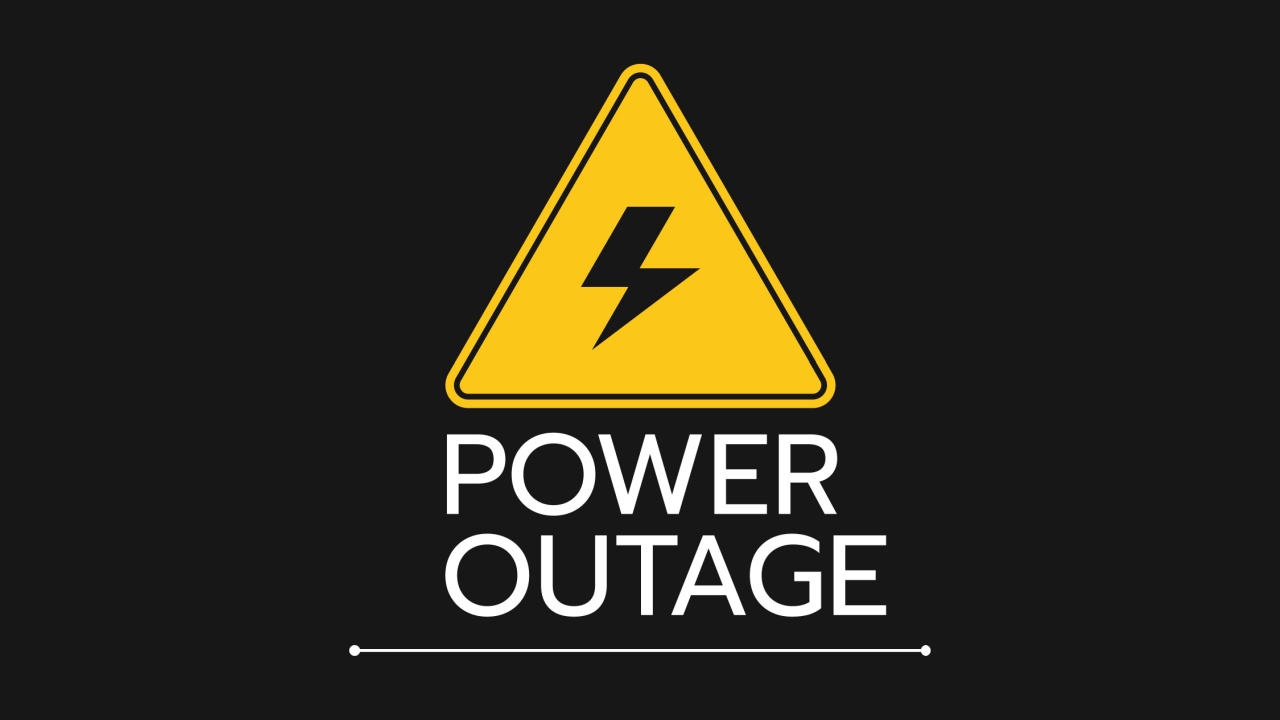
Cyberattacks on power grids can cause widespread blackouts. Without electricity, many services and conveniences will be unavailable. Be prepared with alternative power sources like generators or solar panels. Regularly test your backup power systems to ensure they work when needed.
2. Communication Failures
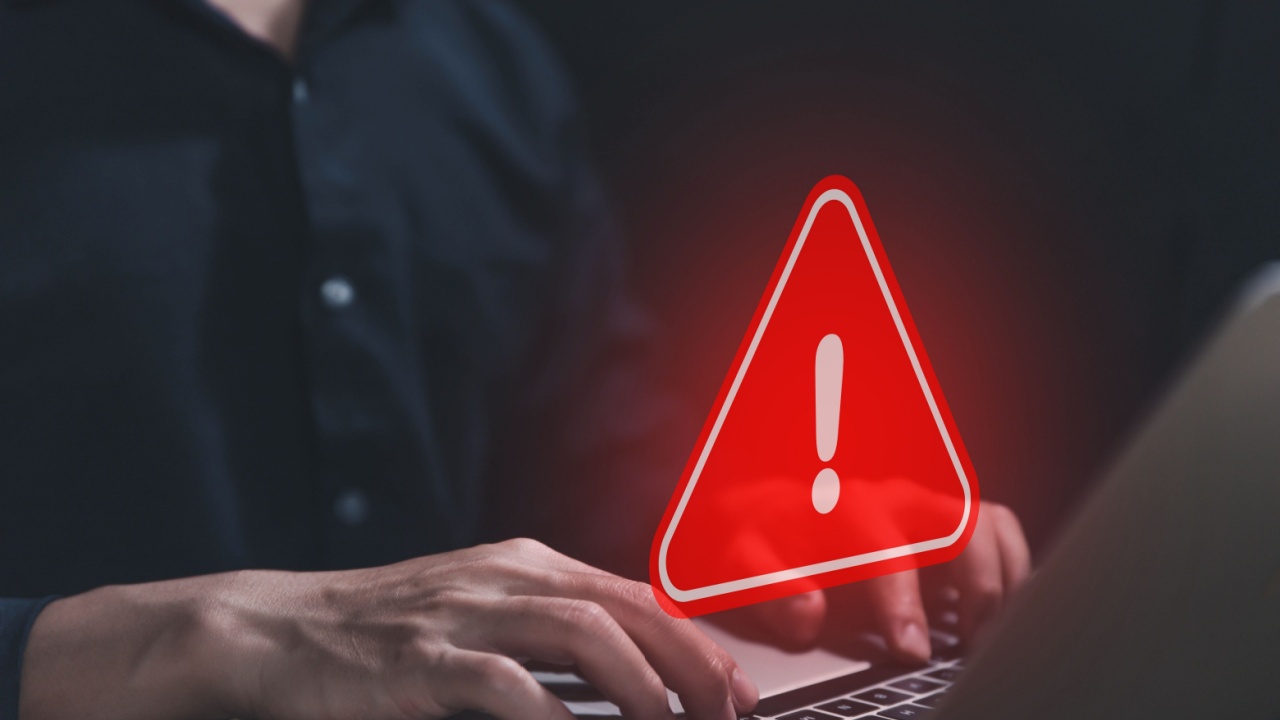
Cyberattacks can disrupt phone and internet services. This can make it hard to contact loved ones or get information. Have backup communication methods like walkie-talkies or CB radios. Establish a communication plan with family and friends for emergencies.
3. Financial Chaos

Banks and financial institutions could be targeted, causing account freezes or loss of funds. Keep some cash on hand for emergencies. Monitor your accounts regularly for any suspicious activity. Consider diversifying your assets to reduce risk.
4. Transportation Disruptions

Cyberattacks on transportation systems can halt trains, planes, and even traffic lights. This can make travel difficult or dangerous. Plan alternative routes and have a reliable map. Keep your vehicle well-maintained and fueled.
5. Water Supply Issues

Water treatment plants can be hacked, leading to contamination or supply cuts. Store enough clean water to last at least a few weeks. Learn how to purify water from natural sources. Regularly rotate your water storage to keep it fresh.
6. Food Shortages

Supply chains for food can be disrupted, leading to shortages in stores. Stock up on non-perishable food items. Consider growing your own food to ensure a steady supply. Learn food preservation techniques like canning and drying.
7. Healthcare System Strain

Hospitals and clinics can be overwhelmed or shut down by cyberattacks. Basic medical supplies and knowledge of first aid can be lifesavers. Keep a well-stocked first aid kit at home. Learn basic medical skills to handle minor injuries and illnesses.
8. Increased Crime

With law enforcement systems compromised, crime rates may rise. Secure your home and stay vigilant. Form a neighborhood watch to help keep your community safe. Install security systems and reinforce entry points.
9. Spread of Misinformation

Cyberattacks can spread false information to cause panic. Verify news from multiple reliable sources. Be cautious about what you share online. Educate yourself on how to spot fake news and misinformation.
10. Loss of Privacy

Personal data can be stolen and used against you. Use strong passwords and change them regularly. Be mindful of the information you share online. Enable two-factor authentication on all important accounts.
11. Economic Instability

Businesses may shut down or suffer losses due to cyberattacks. This can lead to job losses and economic downturns. Diversify your skills to increase your job security. Have an emergency fund to cover unexpected expenses.
12. Government Response
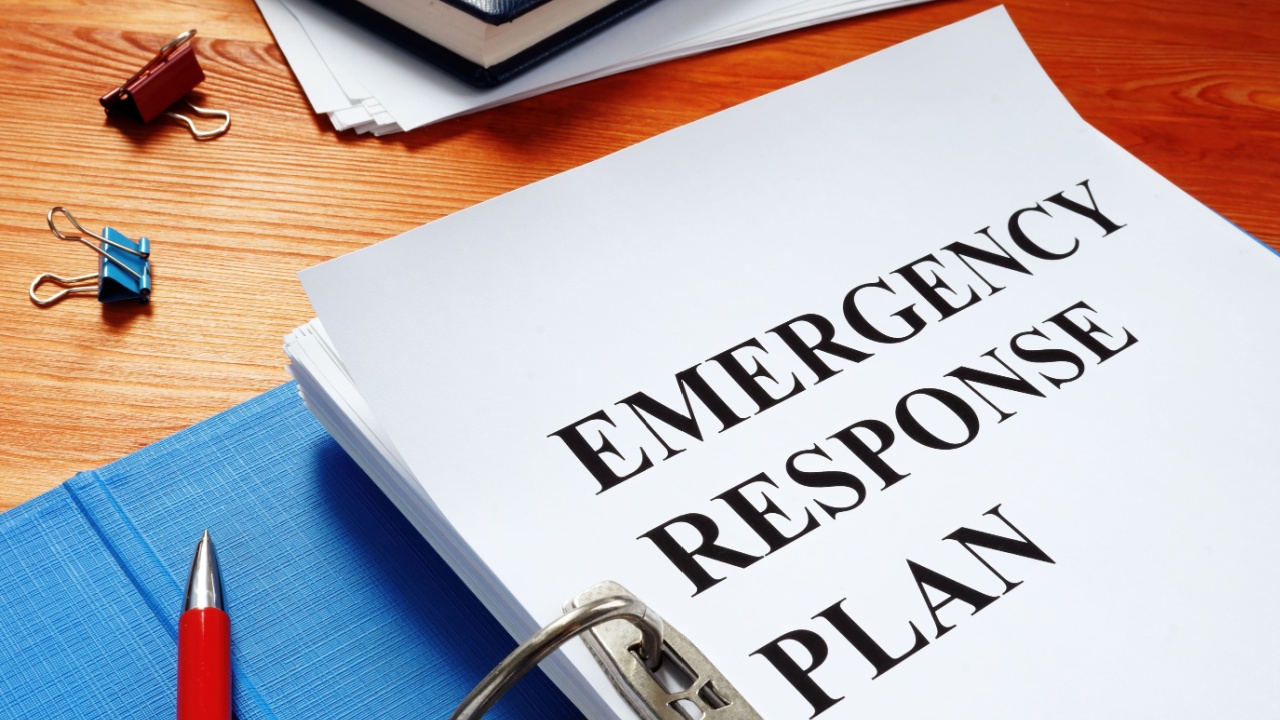
Authorities might impose curfews or other restrictions to maintain order. Stay informed about local regulations and follow them. Prepare for potential lockdowns with necessary supplies. Keep important documents and identification accessible.
13. Disrupted Education

Schools and universities can be targeted, affecting education. Have educational materials and resources at home. Encourage self-study and use offline learning tools. Set up a designated study area to maintain focus and productivity.
14. Social Unrest

Panic and fear can lead to social unrest and protests. Stay away from large gatherings and potential hotspots. Keep a low profile and avoid engaging in conflicts. Have an evacuation plan in case you need to leave your home quickly.
15. Cyber Vigilantes

Some people might take it upon themselves to fight back against hackers. This can lead to further chaos and unpredictability. Focus on protecting your own digital security. Avoid participating in or encouraging illegal activities.
16. Increased Surveillance

Governments might increase surveillance to track and prevent cyberattacks. Be aware of your digital footprint. Use encrypted communication methods when necessary. Regularly review and update your privacy settings on social media and other platforms.
17. Dependency on Technology
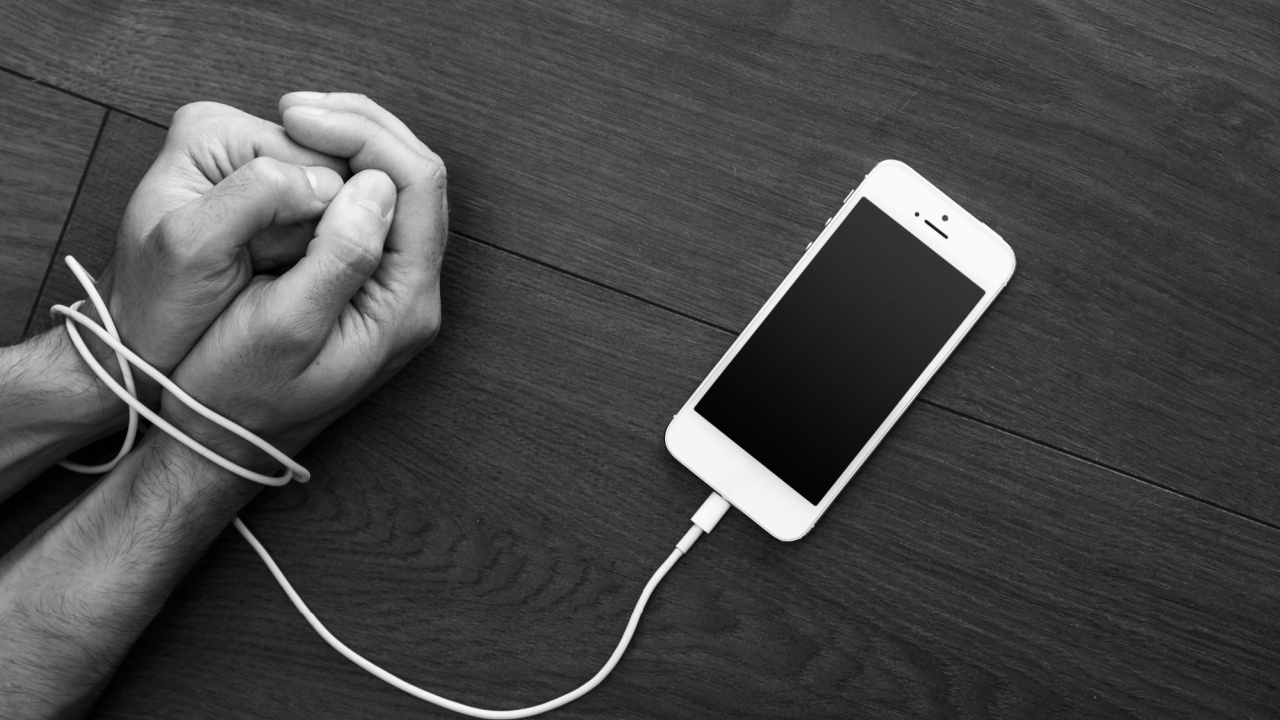
The reliance on technology can become a major vulnerability. Learn to perform essential tasks without technology. Practice basic survival skills and self-reliance. Keep printed copies of important information and manuals.
18. Psychological Stress

The constant threat and disruption can cause significant stress. Take care of your mental health by staying connected with loved ones and practicing stress-relief techniques. Maintain a routine to keep a sense of normalcy. Seek professional help if you feel overwhelmed or anxious.
20 Crucial Supplies for Surviving a Societal Collapse

In the face of uncertainty, being well-prepared gives you at least some degree of control and security. The thought of a societal collapse, while extreme, prompts us to consider how we might endure without the conveniences of our current lifestyle. Here’s a list of 20 essential items that could prove indispensable in such a scenario. This guide isn’t about succumbing to fear but embracing preparedness and resilience.
14 Essential Canned Goods for Your Emergency Pantry
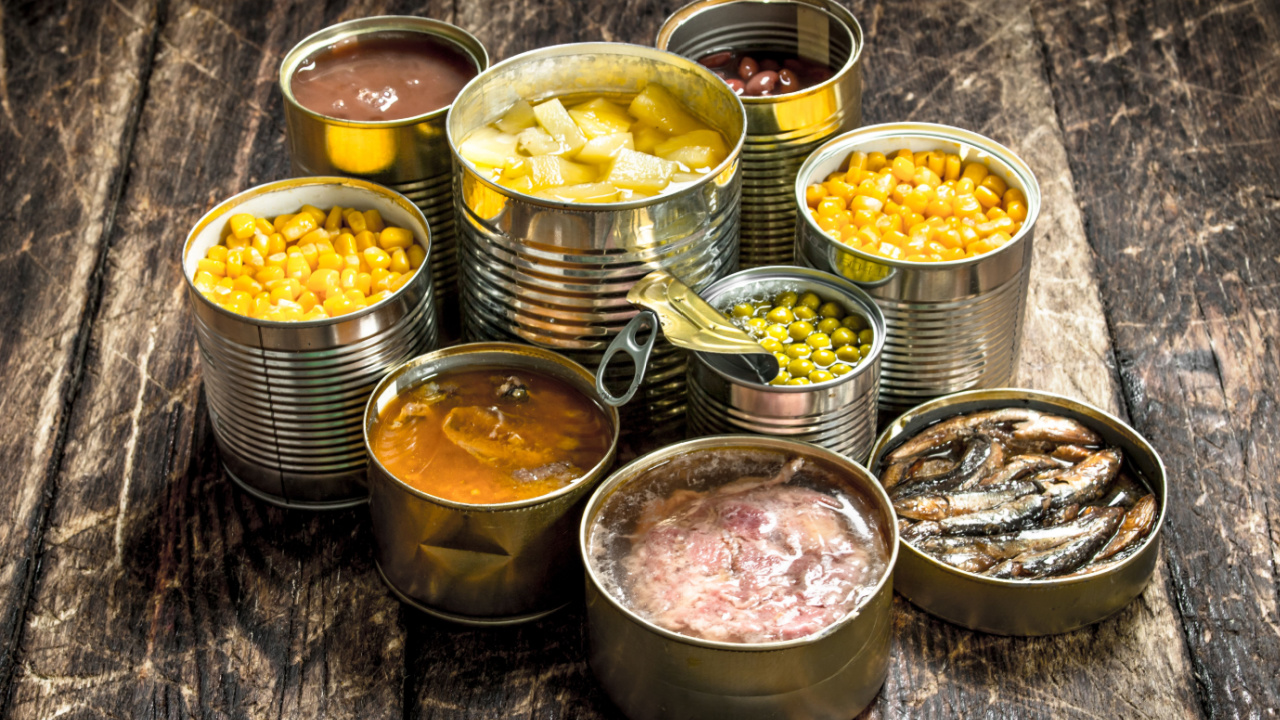
I firmly believe in keeping a well-stocked emergency pantry. While fresh food is ideal, in a survival situation, we may not be that lucky. So, for my family, even though we grow a lot of our own food, canned goods play a crucial role in emergency preparedness. They offer a reliable source of nutrition when access to fresh produce may be limited. The goods you stockpile should be affordable, easy to store, and full of nutrition.
Best Regions in the U.S. to Escape to When Society Collapses

Choosing a refuge in the event of societal collapse involves weighing the pros and cons of each location against your personal preparedness goals and abilities. Whether you’re drawn to the solitude of the desert or the protective heights of the mountains, the key is finding a place that offers safety and the opportunity for growth and renewal.
Katy Willis is a writer, lifelong homesteader, and master herbalist, master gardener, and canine nutritionist. Katy is a preparedness expert and modern homesteader practicing everyday preparedness, sustainability, and a holistic lifestyle.
She knows how important it is to be prepared for whatever life throws at you, because you just never know what's coming. And preparedness helps you give your family the best chance to thrive in any situation.
Katy is passionate about living naturally, growing food, keeping livestock, foraging, and making and using herbal remedies. Katy is an experienced herbalist and a member of the CMA (Complementary Medical Association).
Her preparedness skills go beyond just being "ready", she's ready to survive the initial disaster, and thrive afterward, too. She grows 100% organic food on roughly 15 acres and raises goats, chickens, and ducks. She also lovingly tends her orchard, where she grows many different fruit trees. And, because she likes to know exactly what she's feeding her family, she's a seasoned from-scratch cook and gluten-free baker.
Katy teaches foraging and environmental education classes, too, including self-sufficient living, modern homesteading, seed saving, and organic vegetable gardening.
Katy helps others learn forgotten skills, including basic survival skills and self-reliance.
She's been published on sites such as MSN, Angi, Home Advisor, Family Handyman, Wealth of Geeks, Readers Digest, and more.
